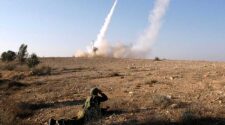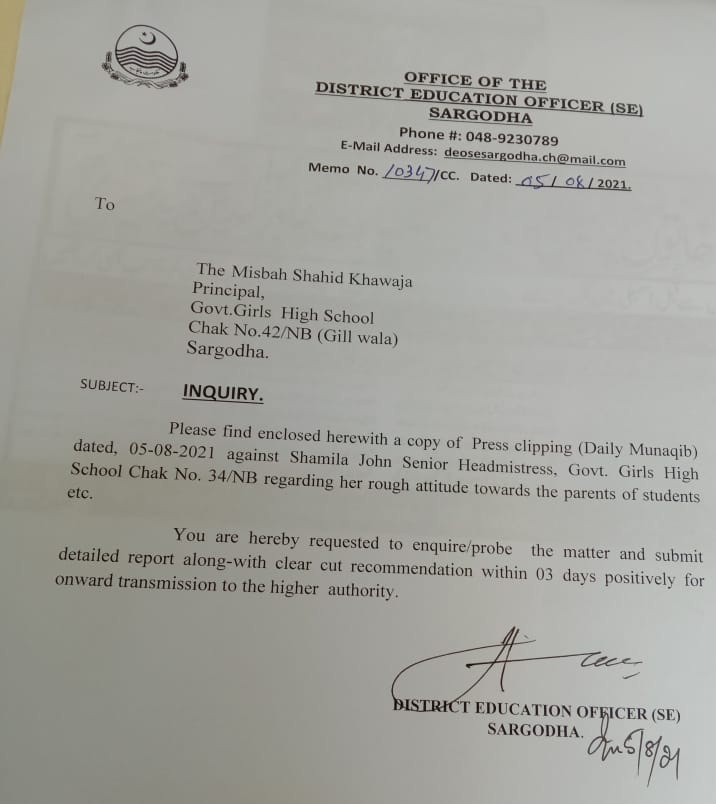By: Abbas Khokhar
Garbage crisis in Karachi:
The waste management system has been a problem of Karachi for decades. Karachi produces around 16,000 tons of garbage daily out of which only 40% reaches proper disposal. The waste management system of Karachi from top to bottom is at flaw. The government of Sindh, mayor Karachi or the authorities no one is taking responsibility instead their failure have led them to play blame games. Once the city of lights is turned into a city of garbage. Sindh Solid Waste Management board need a new and different approach to deal with its problem of waste management, authorities need to come together to resolve this issue for once and for all.
Power crisis in Karachi:
Once the city of light has turned into a city of chaos, Power shortage is the city’s one of the major problem since decades. There is a complete breakdown in the electricity management. Power shortages have not only made people’s lives miserable but also disrupted the industrial process, it has forced people to switch to their own electricity generation plant which in turn made the production process expensive. The K-electric have put the blame on the federal government, the CEO of K-electric said the government has not provided them with sufficient oil and gas, further he highlighted Government has also stopped them form launching new projects which were approved in the year 2016.
Waste to power:
The best possible solution for Karachi to deal with both the crisis is to initiate a project to convert waste into electricity. Both problems can be delt with simultaneously. Incineration is a process which can proves to be beneficial to overcome the crisis of waste disposal and electricity. The usual range of net energy generated per tons of garbage burned is 500 to 600 kWh of electricity. As a result, the incineration of around 2,200 tons of garbage per day will generate approximately 1200 MWh of electrical energy.
Karachi waste management system:
The city garbage system is divided into 3 stages, front-end collection, garbage transfer station and landfill sites. It the first stage garbage is collected from the different localities, garbage transfer stations are big ground to dump the garbage collected in a first stage, in third stage garbage reach the land fill sites. Problem began with the under calculation of the garbage, and because of negligence and poor performance whole system ultimately fails (1). Another system of garbage collections works side by side, garbage picker goes door to door to collect the garbage for which they receive money monthly. Once they have collected garbage they separate the plastic, food, and cloth and then dump the remaining at any unauthorized sites leaving it to be trouble for the citizens.
Incineration:
Incineration could be a solution to the waste management system, not only it will clean the city but can also reduce the energy crisis in the city. Incineration is the process of burning trash with extra air to boil water and power the steam generator, which generates electricity with or without heat as a byproduct. This method not only reduces the amount of solid waste by up to 90%, thereby reducing the demand for landfill space, but it also returns the energy contained in the trash. The system of incineration is working very successful in Malaysia, Singapore, Dubai and can be duplicated in Karachi as well.
How incineration works in Singapore:
Municipal solid waste is collected and transferred to a storage bunker before being fed into the incinerator. While storage, the waste liquid is evaporated by the vacuum effect of a pressured draught fan, and the produced bunker leachate is released from the bottom. Overhead grab cranes then feed the mixed half-dry trash into the furnace. Because of its simplicity and cheap initial cost, grate mass-burn is the most widely used municipal solid waste combustion method.
The grate’s proper construction provides for optimal waste flow through the combustion process as well as adequate mixing of primary air obtained from the rejected bunker with waste through rotating and agitating.The pyrolysis reaction is triggered, and partial organic components of the waste are volatilized into combustible gases during the burning process, which takes place at a high temperature of 800–900 °C. Combustion process air and auxiliary fuel are delivered through the grate into the post-combustion chamber to guarantee full gas combustion and appropriate breakdown of hazardous organic compounds (> 850 °c for 2s).
The high-temperature gasses flow through the boiler to make steam which expands in a turbine to produce electricity, for a purpose of thermal energy supply the heat generated is recovered. After leaving the broiler the cooled gasses then flow through the pollution control system, where the ashes, inorganic and organic gases, heavy metals, and dioxins are removed with legislative air emission standards.
Problem with incineration:
One of a difficulty to implement incineration in Karachi is the environment issue, currently, Karachi is facing some serious climate change because of global warming. Incineration without proper planning and implementation will make the condition even worse. The burning of waste produces greenhouse and toxic gases such as sulfur oxides and nitrogen oxides, cadmium, copper, lead, mercury, and dioxins/furans these gases make the air acidic and toxic. The modern incineration must be equipped with a pollution control system that will ensure the gases released in the process are according to air emission standards. Such emission control systems can eliminate up to 90% of Nitrogen oxides, as well as 99 percent of hazardous metals and acid gases.
Conclusions:
1. Proper implementation of incineration has the potential to eliminate the garbage crisis of Karachi city, but it needs to be implemented according to ISO, and international standards.
2. The project of incineration will be initiated by the federal government with the collaboration of Sindh solid waste management and K-electric.
3. Karachi’s Waste management system is very critical in the success of Incineration. Unless waste management board of Karachi do not implement proper process and standards in the collection of garbage and waste, incineration can never be successful.
4. The importance of project management must be considered, all the standards of project management must be followed, integration of project team from top to bottom must.
5. expert services from countries that are running incineration successfully like Singapore, Malaysia or Dubai can be very helpful. The contract can be awarded to these countries to invest, just like Turkish companies operate in Lahore, for proper disposal of garbage.











